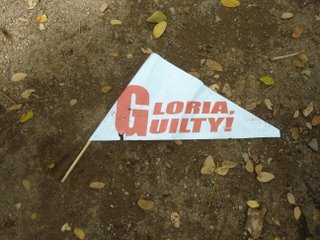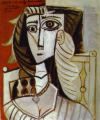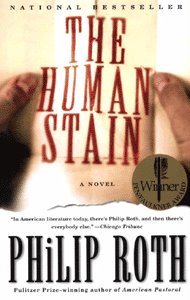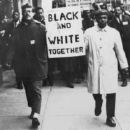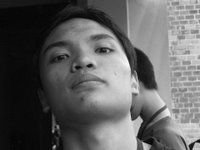Cab driver musings
REAL editorials are made on the street.
I enter. “Makati
po.”
“Where in Makati?”
“SM
po.” We drive off.
At the village guard station, the cab driver returns the guest gate pass in exchange for his license.
“Look at this guard. Doesn’t even stand up.”
Both men stretch as far as they can to hand over the guest pass and license, respectively. The driver chuckles; shakes his head in either disapproval or resignation or both.
There’s traffic near the Shell Station along Tenement.
“Look at the gas prices. Notice how they never go down anymore.
Grabe. The stench from the trash is coming into the cab.”
A garbage truck is slowly ambling along the side of the market, near the Styrofoam coolers where today’s freshest catch from Laguna are carried in from jeepneys.
“The roads in your area are terrible.”
He carefully controls the wheel, trying to maneuver through the unavoidable pot holes.
“Every year they just add another layer of the stuff. Then the rain comes and there goes the effort. Look how thick that stuff is.”
The road is inches above its original level, which makes the shanties along the side of it look like they’re sinking.
“I drove a Korean passenger to Green Hills recently. Spoke Tagalog well. Took him to his girlfriend’s place. His wife’s not around. Hasn’t seen her in five years.
“What do you do for a living, I asked him. Secret
daw. He said he knows Jinggoy. I told him that I thought Jinggoy had cleaned up his act
(Di ba mabait na siya?). No, said the Korean. He’s still into messed up things
(kalokohan).”
It’s the Korean with the “secret” line of work that told the driver all of this. “
Baka nga (maybe),” agrees the driver when I assume that the Korean’s work is illegal.
“Expressway o Pasong Tamo Extension?”
“Expressway.”
The cab barely makes it over what’s left of the railroad. The MMDA look on. Construction trucks park where what squatters once called home.
“This is why the OFWs in Lebanon don’t want to go home. The mess (
ang gulo). They’d rather hide out in the middle of the war. Nothing’s going on here at home. No work.” He chuckles.
“Look at the US supporting Israel.
Grabe. The allegiance of those two. If it were any other country, the US would’ve stopped everything by now.
Grabe.” He chuckles again.
“What if all the Muslims in the world united?
Dilikado (dangerous). Every country has Muslims. And they’re not afraid to die.
Nako! Dilikado yan, di ba? It would turn into mayhem.
“We can turn left here,
di ba?” We are along EDSA corner Pasay Road. We turn left.
“No loading
daw dito for taxis. But you can get off,
di ba?”
“Yup.” I hand over P100.
“Salamat po.”
“Salamat din po.” I get off, put my wallet into the back left pocket of my denims. I sling my backpack in front of me, open it up for the guards at SM’s entrance to inspect.
Real editorials are made on the street.
..........
Eight years ago, I met a cab driver who was wealthy and drove the cab on Sundays as a hobby. A couple of years ago, a few years removed from Erap and with FPJ's presidential candidacy grabbing the headlines, I met a cab driver who questioned why drop-outs could run for office while college graduates like himself had to make ends meet driving a cab. A couple of months ago, I met a cab driver who was convinced that our country was not meant to be free and would've been better off under colonial rule.Above is a story about my encounter with a cab driver a couple of days ago. All the driver's musings were translated to English but kept as close to its original context. Nothing was made up. The driver really said all those things.
